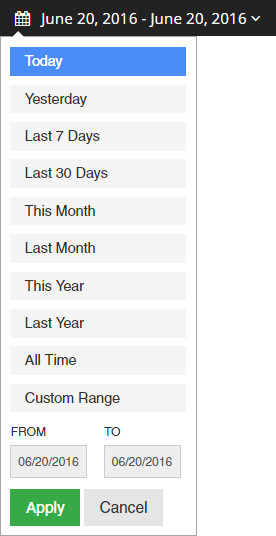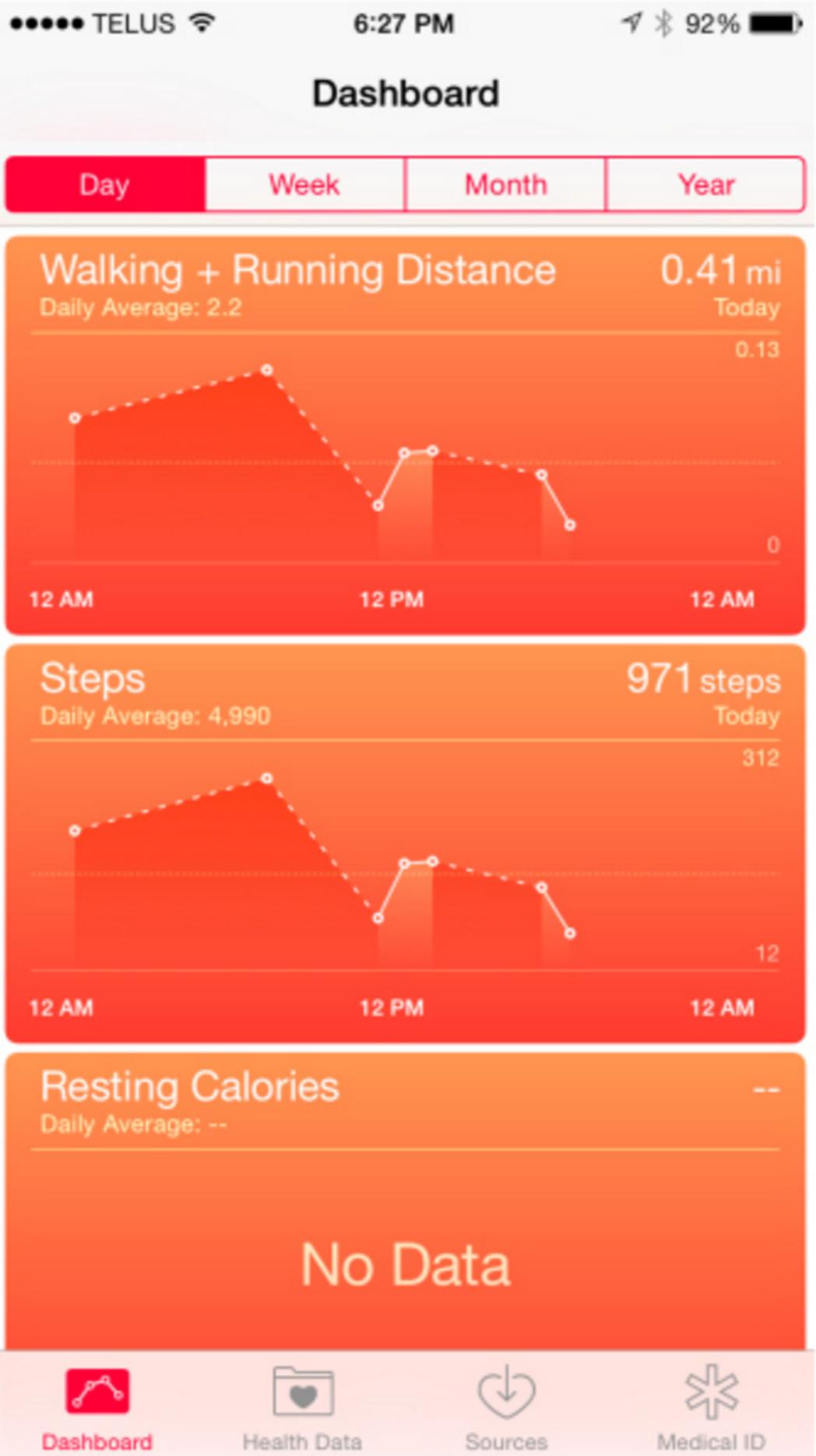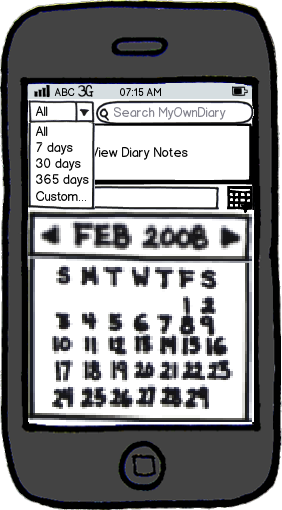In my diary iOS app, the user can search their diaries for specific texts. To avoid getting too many results, I added a "Time Range" search option. The user can select whether to only search the diaries of the last 7 days, the last 30 days, the last 365 days or not to have a limit.
If I display these options in a UISegmentedControl, like this
| Lifetime | Last 365 days | Last 30 days | Last 7 days |
They won't be able to fit on some smaller iPhone screens and will become truncated:
| Lifetime | Last... | Last 30... | Last 7 da... |
So I want to shorten them so that it fits on every iPhone screen. I thought of using "Last XXX", like this:
| Lifetime | Last year | Last month | Last week |
And it barely fits.
When the user selects "Last week", it will actually search for diaries in the last 7 days (Jun 14-20), not Jun 12-18. So will users misunderstand this? If they will, how can I change it so that there are no misunderstandings and it can fit on the screen?




